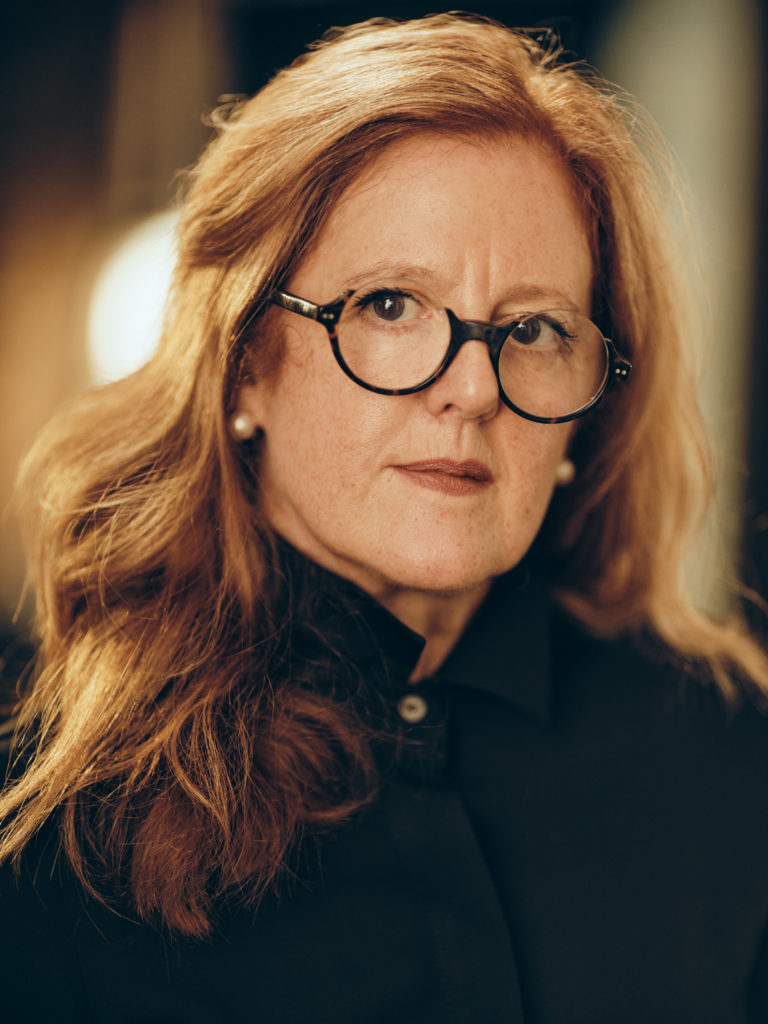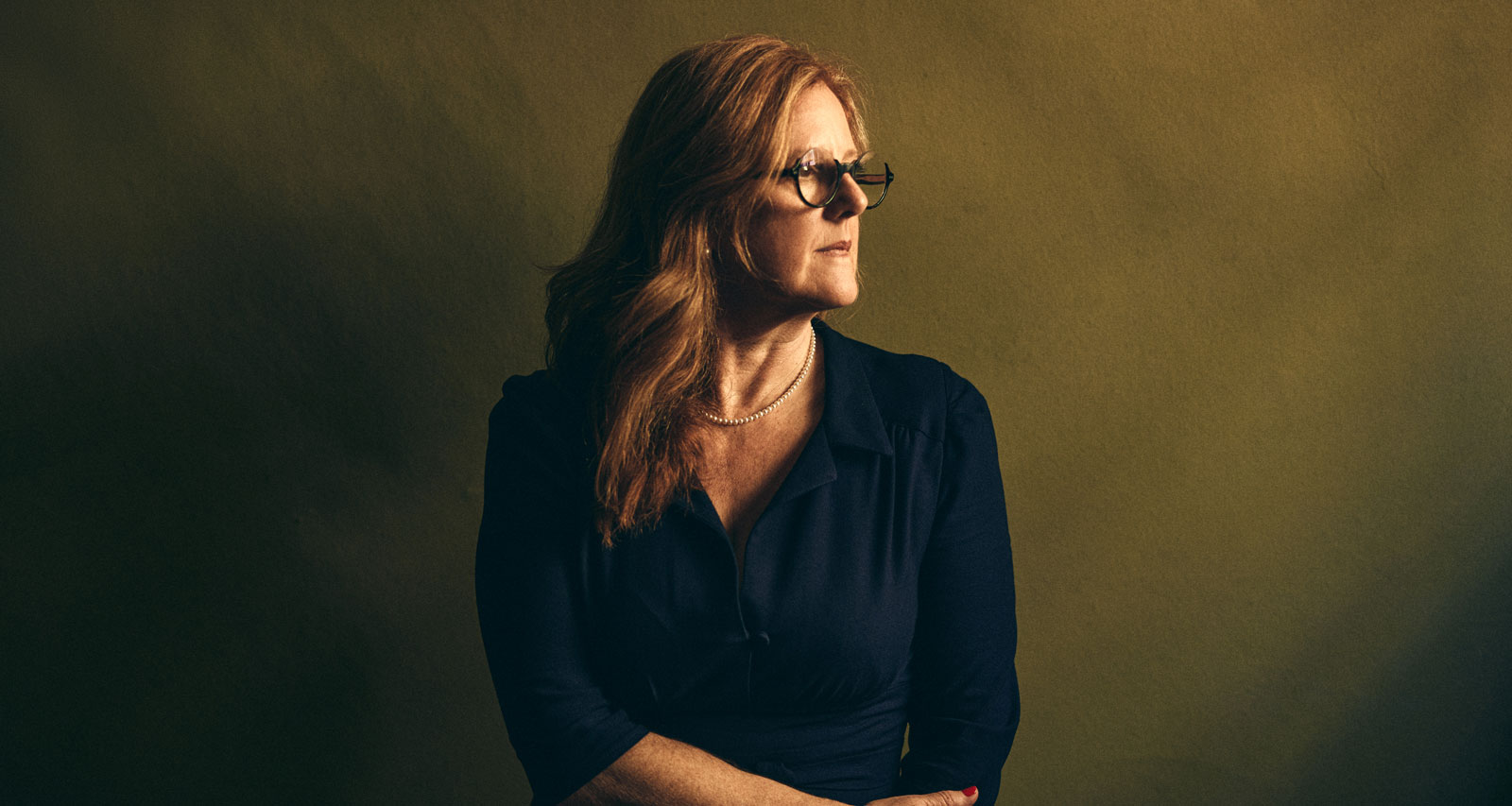What I do
Alongside my consultancy I currently have three continuing leadership roles. I am a Non-Executive Director of Oxleas NHS Foundation Trust. I chair the London Policing Ethics Panel, supporting both the Mayor’s Office for Policing and Crime and the Metropolitan Police Service. I joined the governing body of the General Medical Council in January 2021.
As an ethics consultant in health care I have helped to create ethics committees and advisory panels and I provide ongoing support to them. I have worked with patients, their families, professionals and organisations to deal with the aftermath of medical harm. I have written ethical guidance that draws on empirical evidence, undertaken confidential inquiries, run working groups and strategic development projects, explored what people are thinking through research commissions and consultations, and offered ethics education and training in many different contexts.
My independence as a consultant has enabled me to work with a widening range of professions and organisations. Outside of health care, I advise charities on ethical dimensions of their work and their governance. In 2018 I led a major review of their workplace culture for Save the Children UK. I understand charities, having been a Trustee for over twenty years in a range of charities, and chair of the national charity Action against Medical Accidents. I work with policing organisations to help uphold the principles of justice, fairness, and legitimacy to which ethical police leaders are committed. Most recently, I was a member of the Independent Ethics Committee for Operation Talla, the police response to the Covid 19 pandemic and am now a member of the new National Policing Ethics Panel.
I also contribute to wider ethical debate in industries seeking to minimise risk and enhance well-being, such as air traffic control and medical insurance.
What I understand
I have a unique range of knowledge encompassing organisational cultures; bullying, harassment, abuse and incivility; investigating harm; restoring trust; enhancing patient safety; human factors; care experiences; ethical leadership; policing ethics; and digital ethics.
I enjoy an international reputation for my research in the field of organisational ethics and clinical leadership. I described what medical leaders do about difficult moral problems in my book Moral Leadership in Medicine. In 2019 the General Medical Council commissioned me to research what medical leaders do to build cultures where health care staff treat their patients, and each other, with care and kindness.
Most importantly, I understand that there is always more to learn. I am attentive to what I don’t know – and also to what I don’t know I don’t know. I am continually working to build my understanding, and to learn from new ethical questions and challenges.
What I did in my early career
One of my first academic posts was a Lectureship in Law at the University of Kent at Canterbury, where I had been a student. It was a delight and a privilege to work alongside colleagues who had been my teachers. I then moved to the University of Oxford as a University Lecturer and a Fellow in Law at New College . My interests increasingly shifted towards research and practice in learning and teaching, with a focus on enhancing organisational cultures across the University and its constituent Colleges. Alongside law teaching and research I developed a Post-Graduate Diploma in Learning and Teaching, the first time the University had offered a qualification to its teaching staff. I led on the introduction of the Race Relations (Amendment) Act in 2000 and followed this by developing an integrated equality strategy.
What I discovered on the path less trodden
I chose to leave Oxford to pursue new challenges, and initially worked with The Health Foundation to develop their investment in health care leadership programmes. There was scant research into medical leadership at the time, and a notable absence of discussion about the moral dimensions which seemed to me to be one of its core challenges. This prompted the research journey that eventually led to my book. I was incredibly fortunate to receive funding for my research from the Wellcome Trust, and to have the research overseen by Professor Alan Cribb.
As I carried out my research and wrote the book that followed, I continued to build my knowledge of organisational cultures and expand the range of my consultancy activities. I chaired the Lay Advisory Group for the Royal College of Emergency Medicine, and also chaired a not-for-profit mental health provider. I taught ethics to medical students at King’s College London as well as to health professionals at Imperial College London and The Worshipful Society of Apothecaries. And I worked with a wide range of organisations in the UK and overseas on quality assurance of medical education, patient experience, and health care leadership.
What to do now
While I have a strong research background, my greatest satisfaction comes from helping people to ensure that their organisations and services are trustworthy, fair, and inclusive. This is the reason I decided to work as an ethics consultant, rather than continue a purely academic career.
I have been working for several years as a full time consultant, contracting through my company The Ethicist Ltd. Most projects start out as a tentative conversation, and if I can’t help you I might be able to put you in touch with someone who can. You can send a message to me via my contact page.

Picture by Alan Howard

